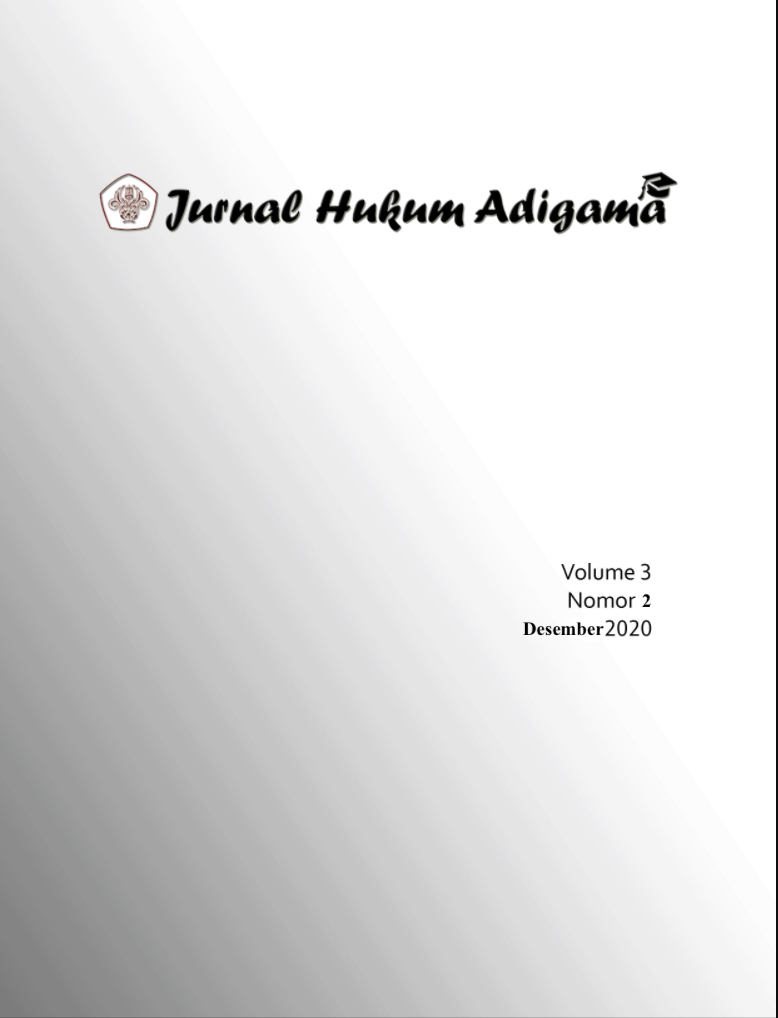PERTANGGUNGJAWABAN BANK DALAM MEMBERIKAN GANTI RUGI TERHADAP NASABAH ATAS RISIKO OPERASIONAL (CONTOH KASUS PADA PT BANK MANDIRI)
Main Article Content
Abstract
Article Details
Section
This work is licensed under a Jurnal Komunikasi Creative Commons Attribution-ShareAlike 4.0 International License.
References
Buku
Usman, Rachmadi. Aspek-Aspek Hukum Perbankan di Indonesia. Jakarta: Gramedia Pustaka Utama, 2001.
Kristiyanti, Celina. Hukum Perlindungan Konsumen. Jakarta: Sinar Grafika, 2008.
Nurmadjito. Kesiapan Perangkat Peraturan Perundang-undangan tentang Perlindungan Konsumen di Indonesia. Bandung: Mandar Maju, 2000.
Peraturan Perundang-Undangan
Indonesia. Undang-Undang Nomor 10 tahun 1998 tentang Perubahan atas Undang-Undang Nomor 7 tahun 1992 tentang Perbankan. (Tambahan Lembaran Negara Tahun 1992 Nomor 31 dan Tambahan Lembaran Negara Nomor 3472).
Indonesia. Undang-Undang Nomor 8 Tahun 1999 tentang Perlindungan Konsumen. (Tambahan Lembaran Negara Tahun 1999 Nomor 3821).

